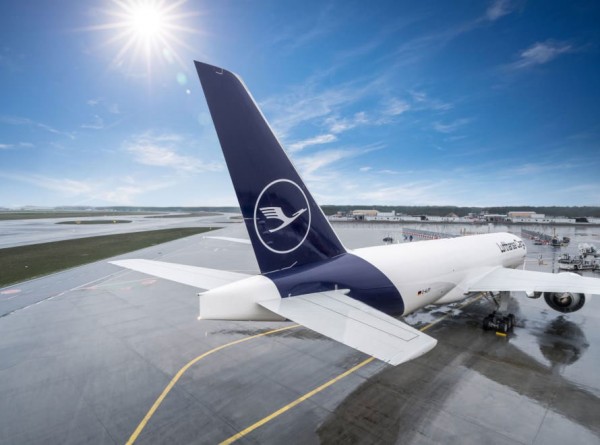Lufthansa can emerge stronger from pandemic, CEO Spohr says
Deutsche Lufthansa AG can emerge stronger from the airline industry’s worst crisis since World War II by becoming leaner, Chief Executive Officer Carsten Spohr said.
Europe’s largest airline group will become smaller, more efficient and use more modern planes as it manages the fallout from the pandemic that has curbed demand for travel, Spohr told reporters on Saturday at the opening of Berlin’s new airport.

“We will certainly want to maintain at least our relative market strength, and maybe even use opportunities from the crisis to improve our global position,” Spohr said.
Lufthansa, which owns former national carriers in Austria, Switzerland and Belgium, avoided insolvency with a 9 billion-euro ($10.5 billion) multi-government bailout, among the largest in Europe. More than two-thirds of those funds remain available to help it manage the crisis.
To cut costs, Lufthansa has switched to leasing more aircraft, retiring older, fuel-guzzling jets and paring its fleet by about 150 planes to reflect lower demand, especially for lucrative business travel. It’s also trying to sell its catering business abroad, and is considering divesting a minority stake in its aircraft-maintenance arm.
Similar Stories

American Airlines becomes only carrier to fly nonstop between Washington, D.C., and San Antonio
View ArticleOpen Skies agreement with the Dominican Republic enters into force
The U.S.-Dominican Republic Air Transport Agreement entered into force on December 19. This bilateral agreement establishes a modern civil aviation relationship with the Dominican Republic consistent with U.S. Open Skies…
View Article
WorldACD Weekly Air Cargo Trends (week 50) - 2024
View Article
Aeromexico now connects Miami with Cancun
View Article
EUROCONTROL Aviation long term outlook expects aviation to reach 15.4 million flights in 2050
View Article
Etihad Cargo adds Paris to freighter network with new weekly service
View ArticleGet the most up-to-date trending news!
SubscribeIndustry updates and weekly newsletter direct to your inbox!





